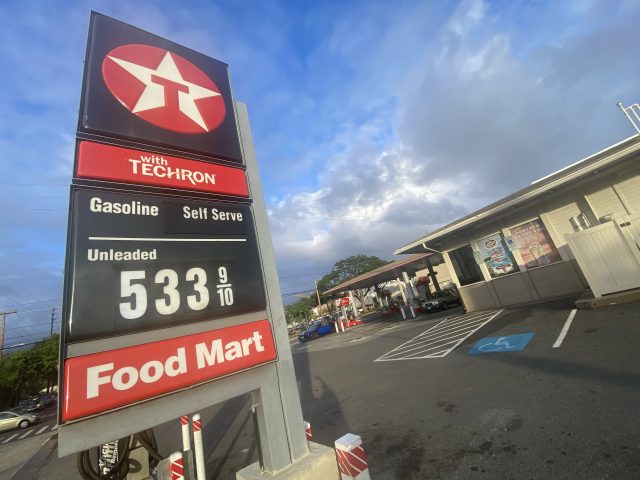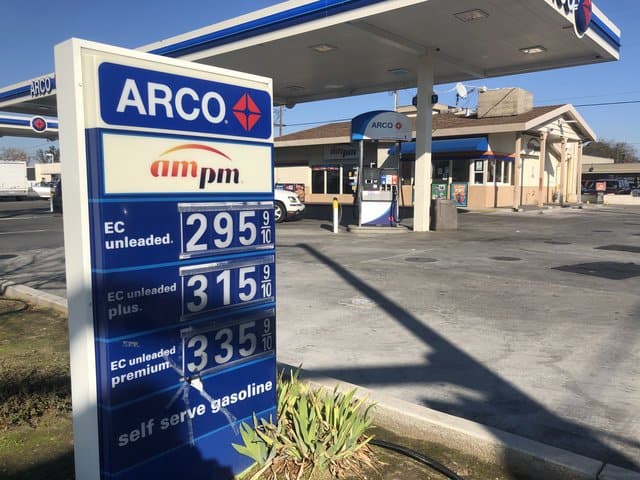
Impact of Global Oil Prices
Gasoline prices have always been a topic of concern for consumers, businesses, and governments alike. From daily commutes to long road trips, the cost of filling up our tanks affects our wallets and, often, our daily decisions. These prices are far from static, and one of the most significant factors influencing them is the fluctuation in global oil prices. In this blog post, we will delve into the intricate relationship between global oil prices and gasoline costs and explore how various factors contribute to the pump price you see at your local gas station.
Understanding the Global Oil Market
To comprehend the link between oil prices and gasoline costs, we must first grasp how the global oil market operates. Oil is a finite resource, and its extraction, production, and distribution are subject to complex geopolitical, economic, and environmental factors. The Organization of the Petroleum Exporting Countries (OPEC) plays a pivotal role in influencing oil prices through production quotas, and the demand for oil is primarily driven by the world’s major economies, including the United States, China, and Europe.
The Supply and Demand Equation
The most fundamental relationship between global oil prices and gasoline costs is the supply and demand equation. When the global demand for oil increases, such as during economic booms or periods of heightened industrial activity, oil prices tend to rise. Conversely, when demand decreases, typically during economic downturns or shifts towards renewable energy sources, oil prices tend to fall.
One might assume that this simple supply and demand relationship would directly translate to gasoline prices, but it’s not quite that straightforward. Several other factors come into play in determining the final cost of the pump.
Geopolitical Events
Geopolitical events can have a profound impact on global oil prices and, consequently, gasoline costs. Tensions in oil-producing regions, conflicts, or changes in political leadership can disrupt the supply chain and cause oil prices to surge. For example, conflicts in the Middle East often lead to price spikes as it is a major oil-producing region.
Exchange Rates
Oil is a globally traded commodity, and its prices are typically denominated in U.S. dollars. As a result, fluctuations in exchange rates can influence oil prices and, in turn, gasoline costs. If the U.S. dollar strengthens against other currencies, oil prices may fall for consumers in other countries, while a weaker dollar could lead to higher gasoline prices for Americans.
Refining and Distribution Costs
Once crude oil is extracted, it must be refined into gasoline and distributed to fueling stations. Refining costs, which can vary depending on the complexity of the refining process, environmental regulations, and maintenance, contribute significantly to the final gasoline price. Additionally, the distribution network, including transportation and marketing expenses, adds to the overall cost.
Taxes
Taxes imposed by federal, state, and local governments are a substantial component of gasoline prices. These taxes can vary significantly from one region to another and can account for a substantial portion of what consumers pay at the pump. In some cases, taxes may be adjusted to mitigate the impact of fluctuating oil prices on consumers.
Environmental Regulations
Environmental regulations can also affect gasoline prices. Many regions have imposed strict environmental standards that require the production of cleaner-burning gasoline blends. While these regulations are essential for reducing pollution and protecting public health, they can increase production costs and, subsequently, gasoline prices.

Consumer Behavior
Consumer behavior can have a cyclical effect on gasoline prices. When gasoline prices are high, consumers may drive less, opt for more fuel-efficient vehicles, or choose alternative transportation methods. This decreased demand can eventually lead to a decrease in oil prices. Conversely, when gasoline prices are low, consumers may drive more and purchase larger, less fuel-efficient vehicles, which can drive up oil demand and prices.
The Role of Speculation
Speculation in the commodities market can exacerbate the volatility of oil prices. Traders and investors often speculate on future oil prices based on a variety of factors, including geopolitical events, weather conditions, and economic forecasts. Their actions can lead to rapid price fluctuations that may not necessarily reflect changes in supply and demand fundamentals.
Conclusion
The link between global oil prices and gasoline costs is undeniable, but it is also incredibly complex. While the basic principles of supply and demand play a significant role, various other factors, such as geopolitical events, exchange rates, taxes, environmental regulations, and consumer behavior, contribute to the final price you see at the pump. Feel free to visit their page to get more out of this article about the impact of global oil prices.
Understanding this intricate web of factors can help consumers make informed decisions about their transportation choices and financial planning. It also highlights the importance of global cooperation in addressing energy challenges and developing sustainable solutions to reduce our dependence on fossil fuels. Ultimately, the impact of global oil prices on gasoline costs is a multifaceted issue that requires a holistic approach to address effectively in an ever-changing world.
